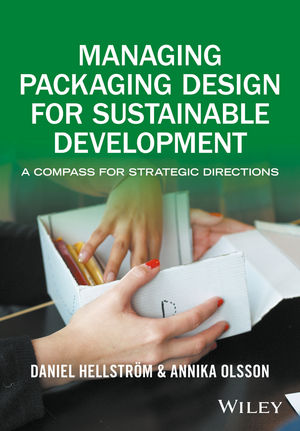Terphane has recently introduced its sustainable films Ecophane to the global packaging market. These PET films address a growing demand for films that guarantee the production of recyclable packaging with recycled content.
“The Ecophane line is the result of extensive research and development and the use of highly advanced technology. We are now able to create a PET film with a minimum of 30 percent post-consumer recycled PET in its composition,” explained Marcos Vieira, Global R&D Director of Terphane. This technological expertise has resulted in more than 10 different types of Ecophane films available for a wide variety of applications.
While guaranteeing a lower use of new raw materials, Terphane´s new Ecophane films are also aligned with the Circular Economy concept: disposable PET packaging and other products are collected, recycled, and become new packaging. “The development of Ecophane not only follows the sustainability metrics established by Terphane, but also fulfills brand owners´ search for more sustainable packaging,” added Mike Nickens, North American Sales Manager.
Terphane has defined environmental, social, and economic positive actions in its plants, products, and communities as priorities for its sustainability jouney. Flexible packaging supports this journey because of its excellent performance in optimizing functionality and the use of resources. The Perfect Fit, a document produced by FPE (Flexible Packaging Europe – https://www.flexpack-europe.org/en/sustainability/the-perfect-fit.html), states that efficiency is a fundamental issue when defining the sustainability of a package, taking into consideration all aspects of the product´s value chain, the packaging itself, consumption, and all other impacts.
Nickens explained, “Flexible packaging is the perfect choice. With it, packaging producers and brand owners can achieve the ‘ideal point’ that optimizes their functional and material efficiency. This is the perfect relation between product and packaging.” The Perfect Fit document also emphasizes the fact that flexible packaging is highly adaptable. Its intelligent design can guarantee even more sustainable benefits, including: correct portion sizes, reclosable packaging systems to minimize waste, printing of information that guarantees correct use and storage, functional and lighter packaging that reduces the impacts of storage, distribution, and transportation.
Due to its light weight, flexible packaging also reduces environmental impact and offers great advantages for product storage and transportation costs. “Definitely, flexible packaging is leading the discussion about sustainable packaging. Other than some issues regarding the recycling chain, flexible packaging is today’s ‘perfect choice’ in terms of being a sustainable solution in the market. The new Ecophane films close the loop for using disposable post-consumer packaging that can be recycled again,” stated Vieira.
Since its origin in 1976, Terphane has developed technologies and processes to produce specialty bioriented polyester films (BOPET). With significant experience and technical knowledge in film production, coating and metallization, the company is recognized for its vertical production, from resin to specialty films. For more information, visit www.terphane.com









